We compare two of the most important Estate Planning instruments: Wills and Trusts
What's the difference? Which one is right for me?
When it comes to Estate Planning, two of the most well known and commonly used tools are Wills and Trusts, but they can also be some of the most misunderstood. Here we compare Wills vs Trusts to help you make decisions regarding your own Estate Plan.
What is a Will?
A Will is a legal document that directs the distribution of your assets after your death to your heirs and beneficiaries which must be administered via a public forum in Probate Court. Also known as a "last will and testament,", a Will outlines your wishes, including where your assets go, the appointment of guardians for minor children, and the nomination of an executor to manage your estate upon your passing.
Key Aspects of Wills:
- Assets Distribution: Wills provide instructions on how your assets should be distributed to your beneficiaries.
- Probate Process: Wills typically go through probate, a court-supervised process to validate the will and distribute assets. Probate can be time-consuming and costly.
- Flexibility: Wills are versatile and can be updated or revoked as your circumstances change.
- Public Record: Wills become public documents upon entering probate, allowing anyone to access and review their contents.
What is a Trust?
In this context we are referring to what is known as a "living trust", or "revocable living trust." A trust is a private document and a fiduciary arrangement that transfers assets to a trustee for the benefit of a specific individual or person to be administered according to the Settlor’s intentions.
It is a legal entity you create during your lifetime to hold and manage designated assets. You serve as the trustee and maintain control over the trust's assets, with provisions for the seamless transfer of assets upon your passing.
Key Aspects of Living Trusts:
- Probate Avoidance: Living trusts bypass the probate process, facilitating faster and more private asset distribution.
- Privacy: Living trusts remain private documents, shielding your estate details from public scrutiny.
- Lifetime Control: You retain control of your assets during your lifetime as the trustee.
- Incapacity Planning: Living trusts can include provisions for managing your assets if you become incapacitated.
Pros and Cons
Advantages of Wills:
- Simplicity: Wills are relatively simple to create and are often a cost-effective option.
- Testamentary Guardian Appointments: Wills allow you to nominate guardians for minor children.
- Updating: Wills can be easily updated as circumstances change.
Advantages of Living Trusts:
- Probate Avoidance: Assets held in a living trust bypass probate, reducing costs and delays.
- Privacy: Living trusts maintain privacy, keeping your estate details confidential.
- Incapacity Planning: Living trusts offer a mechanism for managing assets if you become unable to do so.
Disadvantages of Wills:
- Probate Process: Wills generally go through probate, which can be time-consuming and costly.
- Public Record: Wills become public documents, potentially exposing your financial affairs.
Disadvantages of Living Trusts:
- Initial Complexity: Creating a living trust may involve more upfront effort and expense than a simple will.
- Ongoing Maintenance: Living trusts require ongoing management, including transferring assets into the trust.
Making the Right Choice
When to Choose a Will:
- For simple estates with minimal assets and straightforward distributions.
- If you are comfortable with the probate process and its potential costs and delays.
- When privacy concerns are not a primary consideration.
When to Choose a Living Trust:
- For complex estates with substantial assets or diverse investments.
- To avoid probate, maintain privacy, and ensure efficient asset distribution.
- If you want a mechanism for managing assets in the event of incapacity.
Pour-Over Will
It is also quite common to have both a Will and a Living Trust. When you have both a Living Trust and a Will, your Will is often referred to as a "Pour-Over Will." The primary purpose of this type of Will is to act as a safety net. It ensures that any assets or property that may not have been transfered into your Living Trust during your lifetime are "poured over" into the trust upon your passing.

